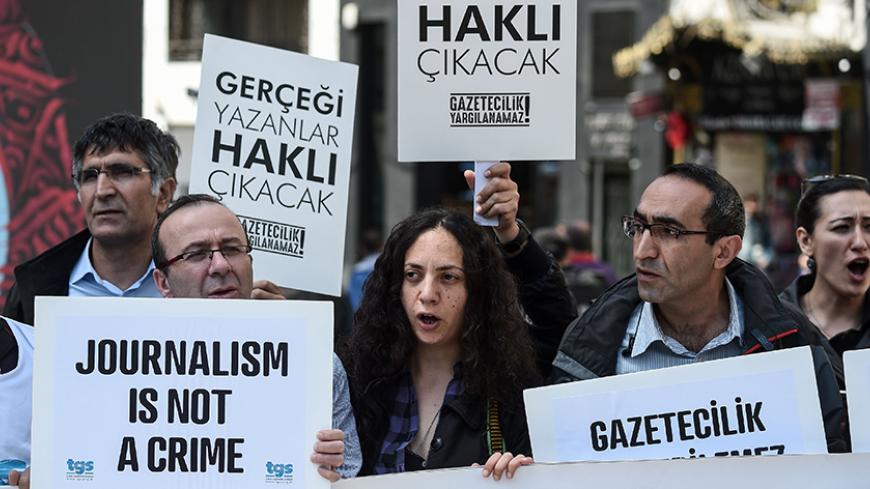Turkey has become a minefield for journalists. Over a hundred of them are in jail and thousands of others are unemployed, either because of government pressure or because their media outlets were shuttered. The intrepid souls who soldier on often have to self-censor if they want to hold onto to their jobs. Foreign freelancers who aren’t guaranteed employment if they get kicked out of the country for rude reports about Turkey increasingly resort to self-censorship as well. The state of emergency in place since the failed July coup keeps getting extended. The restrictions on newsgathering are felt the most in the country’s war-ravaged mainly Kurdish southeast.
In this climate, a May 2 report published by the International Crisis Group, “Managing Turkey’s PKK Conflict: The Case of Nusaybin,” offers a treasure trove of insight and information on the situation in the Kurdish region. The report focuses on Nusaybin, a town on the Syrian border that was among the worst affected in the fighting that raged across the southeast after the 2½-year cease-fire between the security forces and the Kurdistan Workers Party (PKK) collapsed in July 2015.



